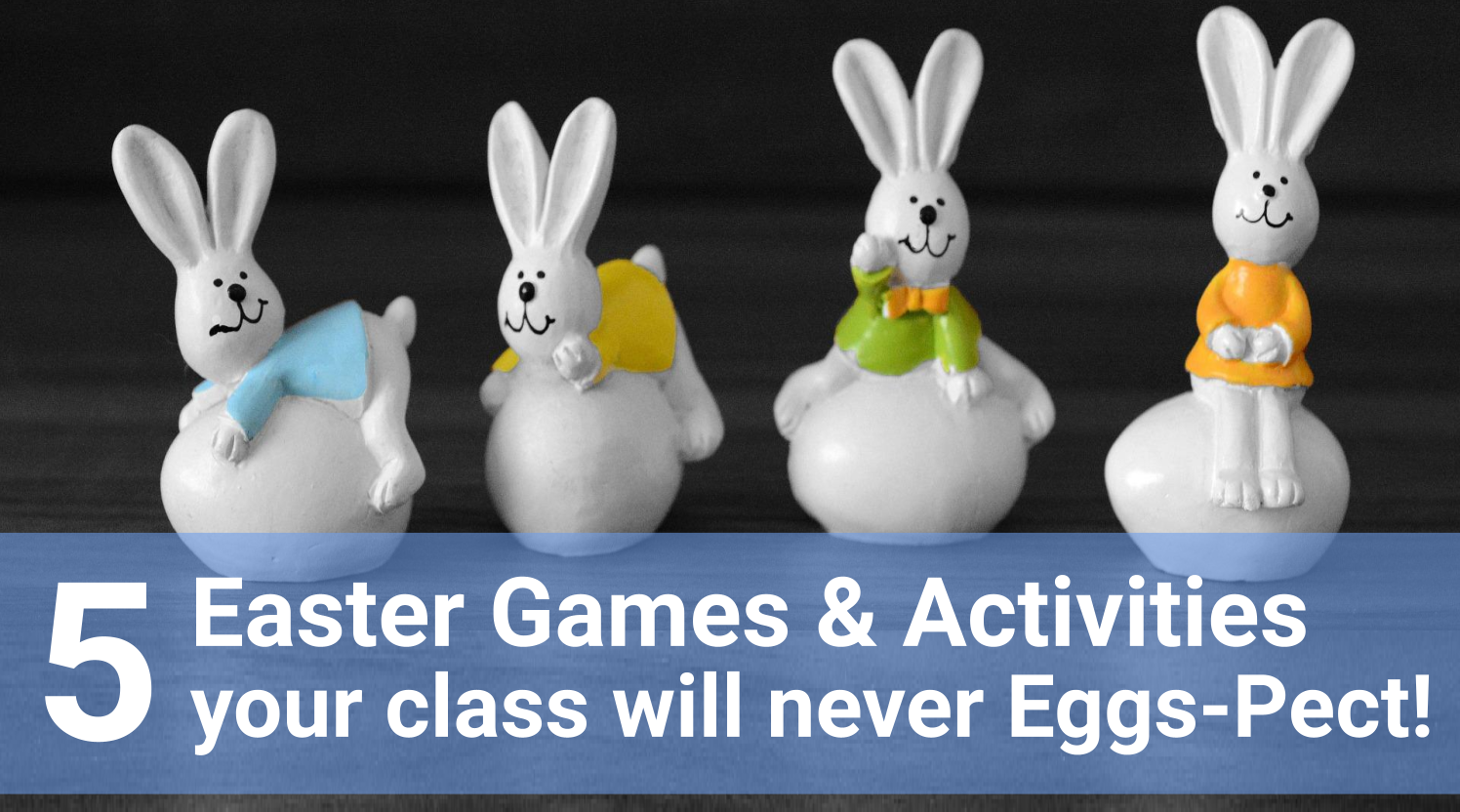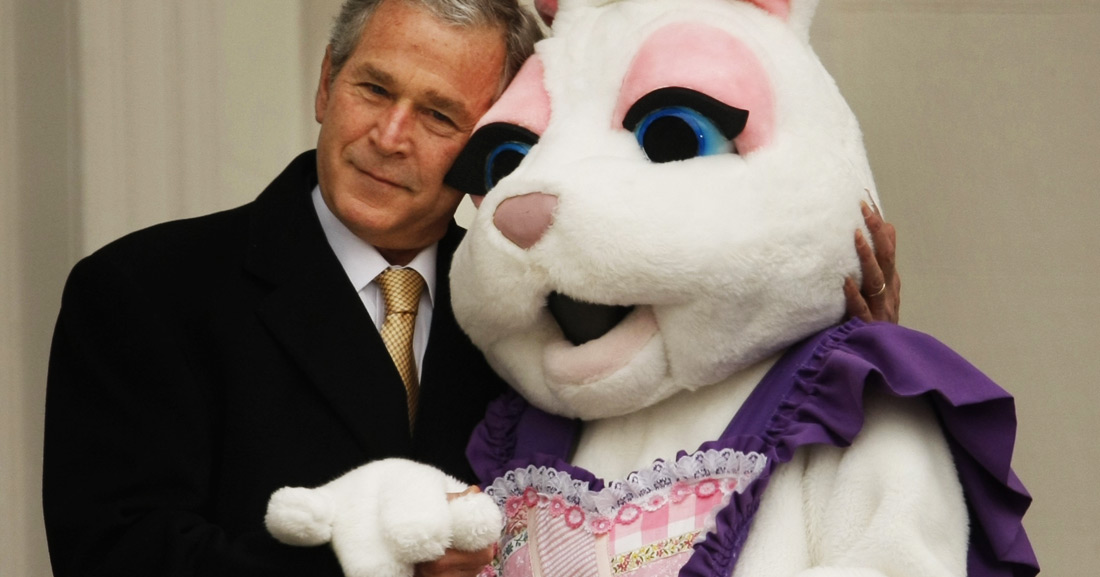5 Easter Games and Activities Your ESL Class Will Never Eggs-pect!


Easter is that fun cultural holiday lesson that often falls sometime in April. The date varies from year to year so be sure to check your calendar when laying out your schedule for the term. Much like Christmas there are two important aspects of the holiday; there is the religious side of it and also the commercial side. As Easter is the most important event of the Christian calendar, this would be the best holiday to include a bit of religious background while there really is not much of anything to talk about on the commercial side besides the Easter bunny and Easter egg hunts. Be sure to include a variety of activities regardless of the level of your students.
All Levels
There are several activities you can do with learners at any level. Generally it is good to start off by eliciting related information from students to see what they already know, introduce any other material they will need to complete the activities you have planned, and then introduce and practice specific vocabulary words. Once you have completed this introduction, your plan will heavily depend on the level of your students.
Young Learners
With young learners remember not to try to do too many activities in one class period. For Easter, consider introducing some new vocabulary words. Use flashcards with large, colorful images to practice. Start by using choral repetition to drill the words and then do a short individual practice activity. Next you could do an Easter egg hunt. Instead of giving your students candy, include miniature versions of your flashcards in the eggs. Now have students sit in a semi circle while you read a very simple Easter story. Whenever you reach a vocabulary word, hold up the picture flashcard and have all the students who found that picture in their eggs, say it aloud. You may have to read the story more than once for students to understand it. Afterwards you can ask some questions about the story to test comprehension. If there is still time at the end of class, consider asking students to complete a worksheet. Usually at this stage, students will not be writing in English but you can ask them to match items with one another or with numbers. For instance, if you say “bunny three”, students should draw a line between the image of a bunny and the number three.
Beginners
With beginners who are not considered young learners, you will be able to do more activities such as include a writing exercise in your lesson plan. After introducing key vocabulary, an Easter song would be a great listening exercise. Many ESL teachers have posted Easter songs online so you are free to use those in your lessons or make your own. Depending on the age of your students, you may decide to have them complete a fill in the blank worksheet during the song or learn the lyrics so that they can sing a long. Talk a little bit about the meaning of the song and check the answers as a class if you created a worksheet. Asking questions about the song and your Easter introduction will be a good comprehension check. At the end of the lesson an Easter theme word search or crossword puzzle would be excellent for extra vocabulary practice.
Intermediate/Advanced
Intermediate and advanced learners will be able to handle the introduction of more challenging vocabulary but since this is a cultural lesson, try to limit yourself to about ten new words. Depending on the age of your students, you may decide to use a story or an article for a reading activity. Ask students to read silently and then take turns reading sentences aloud. The topic will depend on your students but the history of the holiday or a short fictional Easter story might be appropriate. Talk about the pronunciation and meaning of any unfamiliar words and phrases. As a follow-up you can prepare a worksheet for intermediate learners or conduct a discussion with advanced learners. For a short writing activity you can ask students to summarize the article in their own words or write a brief essay about a related topic. As a final vocabulary review, give students an Easter themed crossword puzzle to end the class on a fun note.
What you include and how you present and practice the material should be based on your students especially their interests, ages, and level. See our Easter worksheets collection here to give you some more lesson ideas.